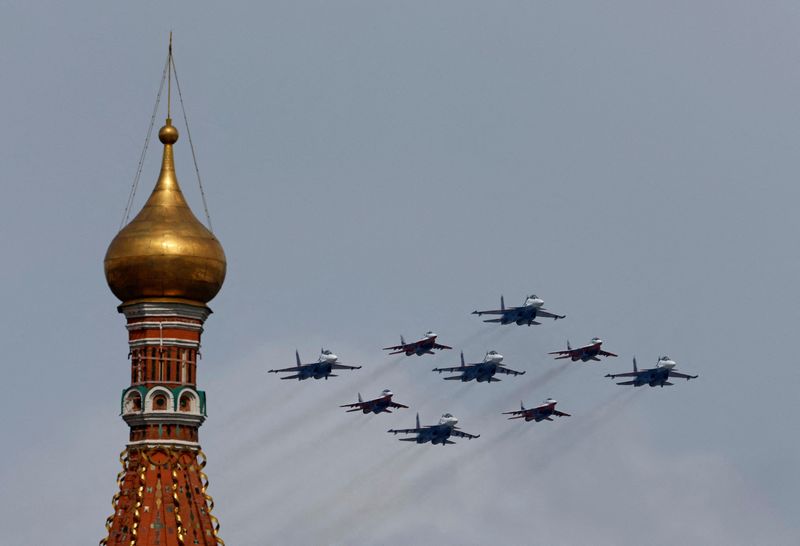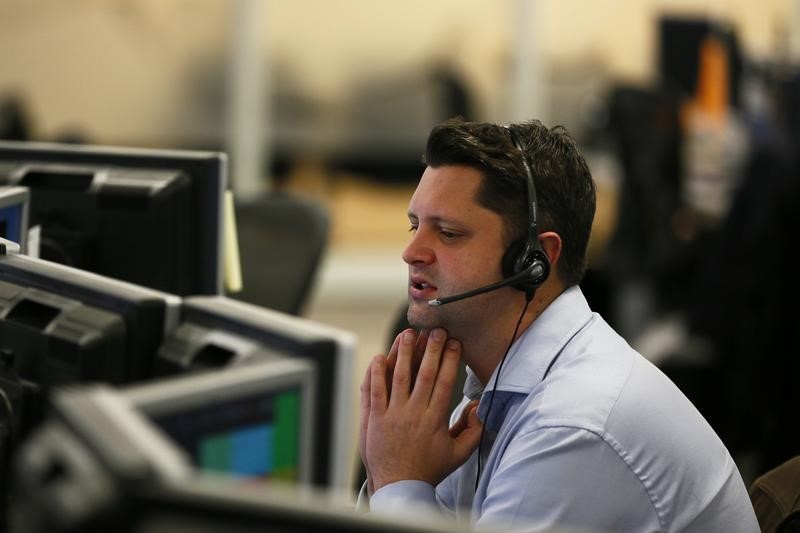By Darya Korsunskaya and Gleb Bryanski
MOSCOW (Reuters) – Russia’s state budget for next year, which includes a 25% increase in military spending, will also be the most secretive in post-Soviet history, with almost a third of all spending closed to public scrutiny, it said Reuters calculations.
The government plans to spend 41.5 trillion rubles ($443.14 billion) next year, more than initially expected, with additional revenue from corporate and personal tax increases.
Of that total amount, the draft budget documents rightly reserve only 28.4 trillion rubles for specific items. The rest of the budget, including 85% of all national defense spending, is secret.
In this year’s budget, approximately 30% of all expenditure was classified. The government also stopped publishing all budget implementation data in May 2022 as part of classification measures aimed at protecting the economy from sanctions.
“The militarization of the economy continues,” says economist Evgeny Suvorov, author of the popular economy-focused Telegram channel.
The new, mysterious draft budget even surprised the central bank. In the coming weeks it will analyze the data to determine its potential impact on inflation, which is currently around 9%, ahead of the October 25 interest rate meeting.
“There are some unexpected elements in the budget that may require adjustments,” said the outgoing head of the central bank’s monetary policy department, Kirill Tremasov.
Analysts say one of the surprises is a higher-than-expected increase in state-regulated energy rates of nearly 12%, twice as much as initially planned.
Another surprise, according to analysts, is the increase in total government expenditure this year by 7.6%.
INFLATIONARY CHALLENGE
“The increase in rates is likely to worsen inflation expectations, which will contribute to accelerating inflation and require greater central bank strictness,” said Natalia Orlova of Alfa Bank.
The government has recognized that the needs of what Moscow calls its “special military operation” in Ukraine, and support for the military, will remain the budget priority, along with social needs and technological development.
The government presented the draft budget as “balanced”, with the deficit falling to 0.5% compared to this year’s expected deficit of 1.7%, and public debt remaining below the 20% limit set by the government is considered safe.
The report also noted the full restoration from 2025 of the ‘fiscal line’, a mechanism under which windfalls from energy revenues are set aside, and said this would enhance economic stability in the longer term.
The regime was suspended in the wake of Russia’s invasion of Ukraine in February 2022 and then restored in a truncated form this year.
The Kremlin welcomed the published draft on Tuesday.
“This is a carefully balanced, well-calibrated budget,” Kremlin spokesman Dmitry Peskov said.
All mainstream Russian media have avoided reporting on the increase in military spending in the budget and instead focused on benefits to vulnerable groups.
Analysts from state-controlled financial institutions refrained from criticizing the draft – at least directly.

Asked about the likely impact of the spending increase on inflation, Rodion Latypov, chief economist at Russia’s second-largest lender VTB, said: “I have the answer. I won’t say it out loud.”
($1 = 93.6500 rubles)


